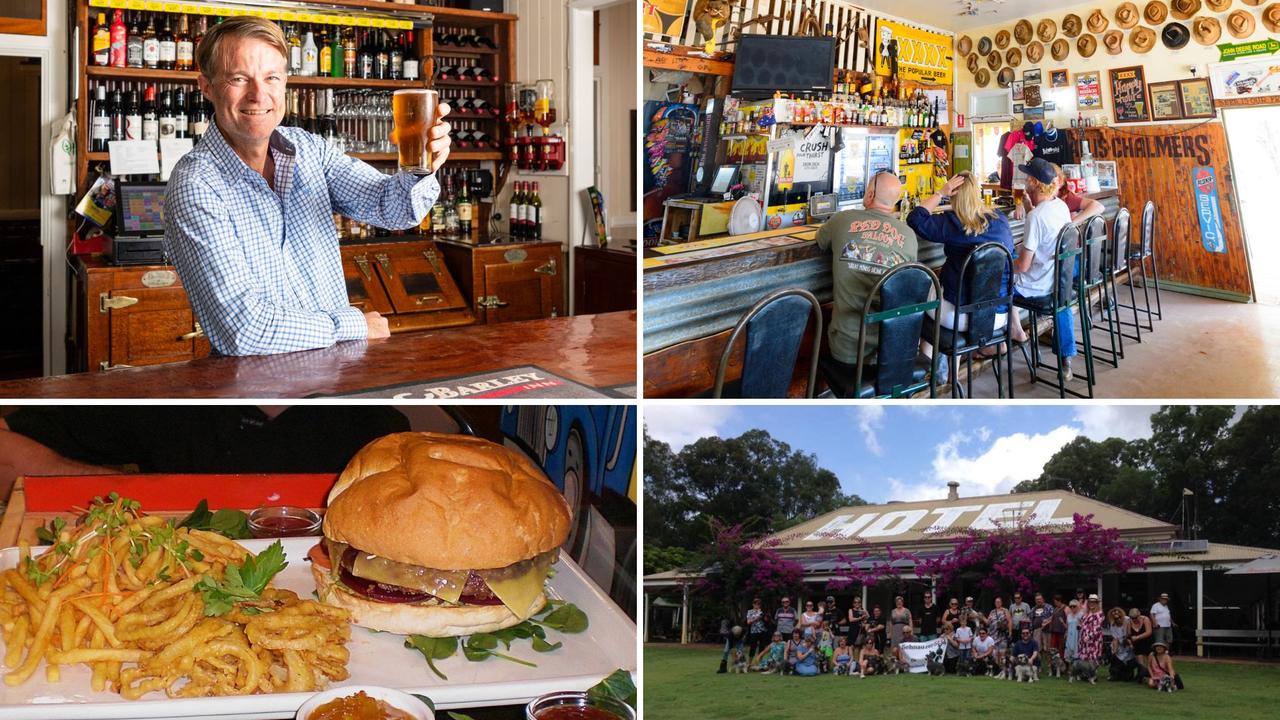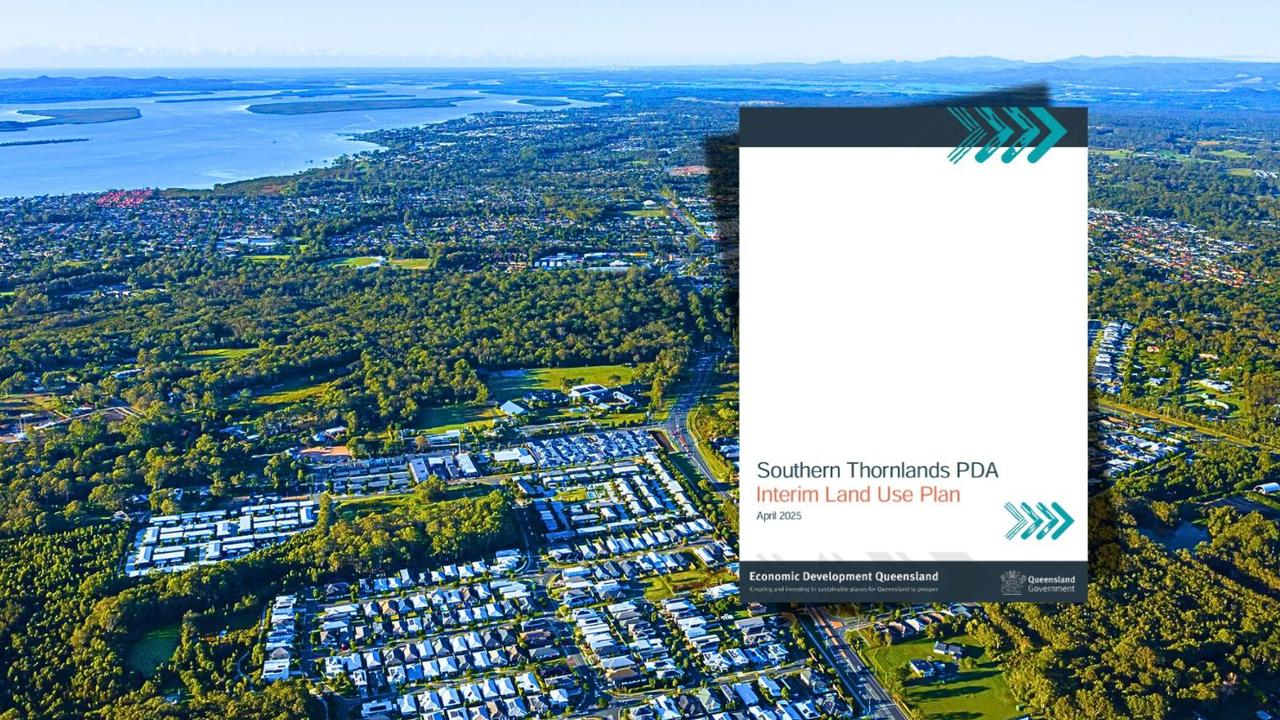Supreme Court grants Airservices Australia extra time in pollution case
Brisbane Airport’s long-running legal battle over toxic firefighting foam pollution has been delayed again, with the court allowing Airservices Australia to file new expert evidence.
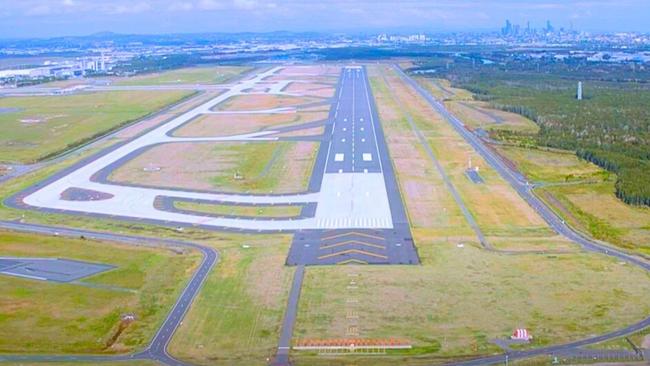
QLD News
Don't miss out on the headlines from QLD News. Followed categories will be added to My News.
Brisbane Airport’s battle over toxic “forever chemical” pollution, linked to decades of firefighting foam use, has been delayed again after the Supreme Court ruled Airservices Australia could file more expert reports.
The Supreme Court of Queensland ruled on 24 April 2025 that Airservices Australia (ASA) can file two more expert reports by 31 August 2025, even though the agency has already caused major delays in the case.
The case, which began in 2017, centres on claims by Brisbane Airport Corporation (BAC) that firefighting foams used at the airport from 1988 to 2010 contaminated the land with toxic, long-lasting chemicals.
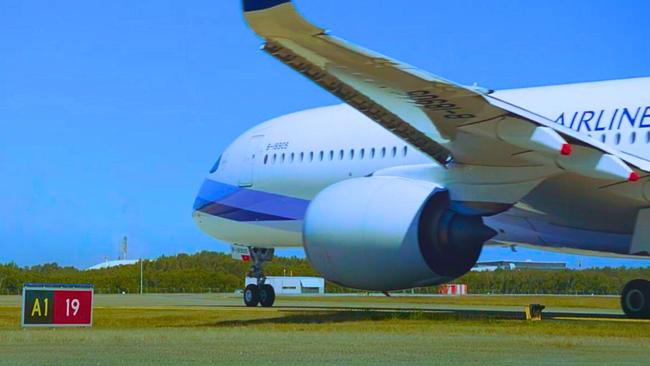
It has become one of Queensland’s most complex environmental legal battles with BAC seeking to recover the cost of cleaning up the pollution from Airservices Australia.
The new reports come from two experts, an environmental chemist and a hydrologist, and are expected to support ASA’s defence at the trial set for August 2026.
Brisbane Airport Corporation argued that if the reports were allowed, they should be filed earlier, by June 2 this year, to avoid further delays.
However, Justice Paul Freeburn decided a later deadline was better to make sure the reports were complete and reliable.
Justice Freeburn criticised Airservices Australia’s history of missing deadlines in the case calling its behaviour “appalling” and saying it raised serious doubts about ASA’s ability to manage the case properly.
ASA had previously promised to meet deadlines in November and December 2024 but failed to deliver the required documents.
Tabled documents showed the delays were putting extra pressure on BAC’s key expert, who is 71 and planning to retire at the end of this year.
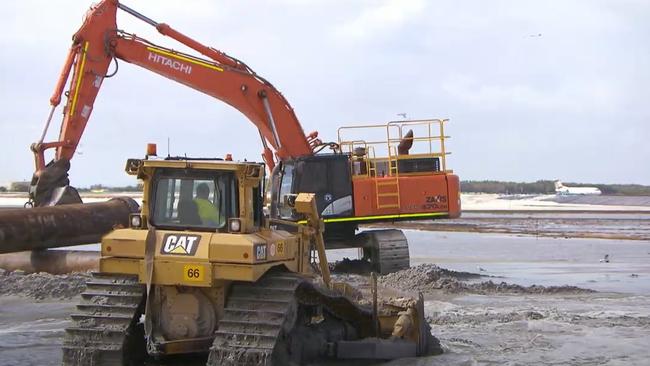
The expert has already had to cancel important personal plans because of the drawn-out legal process.
Even though ASA’s actions have frustrated the court, Justice Freeburn said fairness was the top priority.
He stressed that while courts should aim for efficiency, a party must still be allowed to properly defend itself.
Justice Freeburn noted that allowing late reports could cause further delays because other expert evidence depended on them.
However, he said refusing ASA’s application could lead to an unfair trial.
The court will now hear further arguments about the formal orders and who should pay the legal costs caused by ASA’s late application.
This case is listed in the court’s Commercial List and the trial is expected to run for 12 weeks starting August 2026, with more procedural fights likely before the trial even starts.
More Coverage
Originally published as Supreme Court grants Airservices Australia extra time in pollution case




